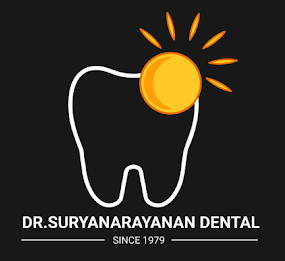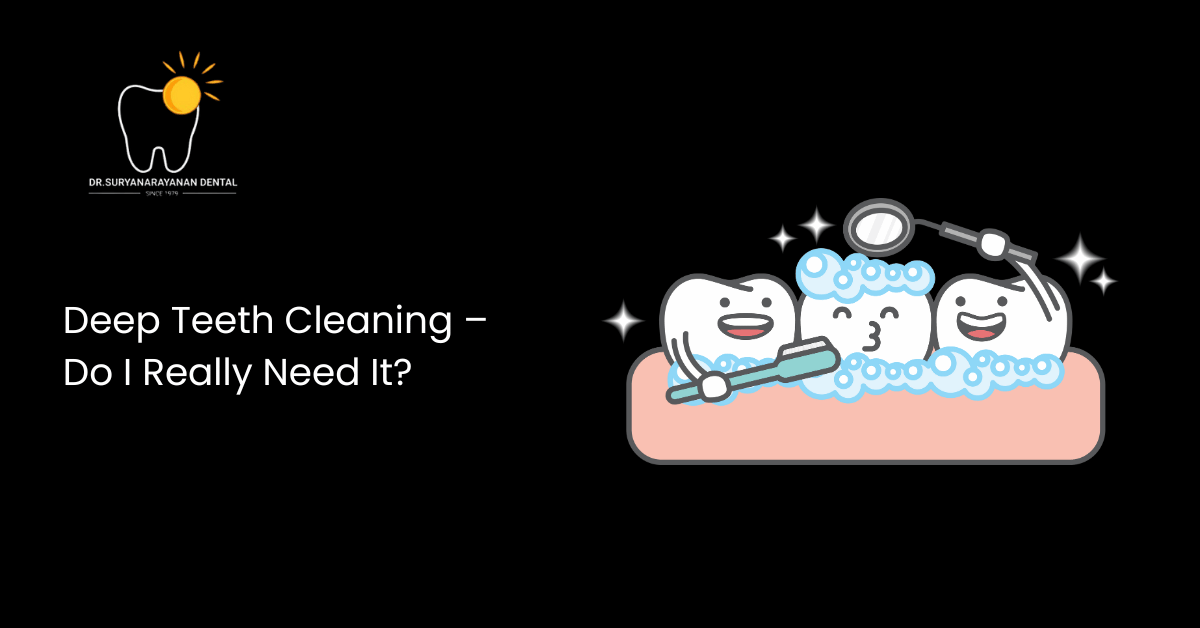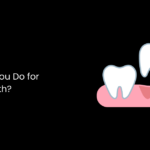Brushing and flossing on a regular basis is the best approach to lowering the number of dental appointments that occur each year, even though an apple a day may keep the doctor away. Even though you should get your yearly checkup, you can reduce the number of follow-up appointments by maintaining clean, plaque-free teeth in between appointments.
Never fear if you’ve been neglecting your dental health a bit lately! You’ll probably be scheduled for a deep cleaning by your dentist, which helps remove tough, persistent plaque beneath your gum line.
What Makes Deep Teeth Cleaning Necessary?
Many patients frequently question whether getting a deep cleaning is actually necessary or if it’s only a pointless treatment. The truth is, it is crucial that you arrange a deep cleaning as soon as your dentist recommends one.
Reason 1
Even though brushing on a regular basis is usually quite helpful, gingivitis can occur in certain patients who don’t brush well or who are genetically prone to gum disorders. For such patients, deep teeth cleaning can save them from problems like gingivitis and halitosis.
Reason 2
Gingivitis can progress and develop into periodontal disease if left untreated. Preventative care is crucial since this infection of the gums and bones supporting the teeth can result in tooth loss.
Reason 3
Bacteria and plaque coexist in our mouths, and the plaque eventually turns into tartar. During a standard examination, your dentist or hygienist will remove tartar.
What Happens During Deep Teeth Cleaning?
Gum disease can be effectively treated with a deep cleaning, which is far more thorough than a routine cleaning.
- Your dentist or hygienist will clean the gum line in addition to the front, rear, and sides of your teeth during a routine cleaning.
- Tartar buildup is eliminated during a deep cleaning, also known as “root planing and scaling,” which reaches the tooth’s base below the gum line.
- During your routine visit, your dentist will take x-rays and gauge the depth of the gum pocket at the base of your tooth using a tiny instrument known as a periodontal probe to get pocket depth readings to determine if you need a deep cleaning or not.
- Measurements between 1-3 mm that do not bleed are regarded as typical and in good health. Almost always, a cleaning is required to halt the growth of gingivitis if you have pockets that are 4 mm or larger, or if you have other signs of periodontal disease.
- The removal of deposits from the tooth root surfaces and the smoothing (planing) of those surfaces to make them resistant to future tartar development are referred to as “root planing and scaling.” To get you through the process more easily, your dentist will probably give you anesthesia before starting.
- Usually, the process requires two or three visits, with a separate cleaning of each half of the mouth. A month or so after your deep cleaning, your dentist will want you to come back so they can evaluate how well your gums have recovered.
- Usually, three or four months following your follow-up visit, a subsequent appointment will be set up at that point to maintain your gingival health. Based on your judgment, these visits will continue over time to track the development of your gingival health at the predetermined interval. It may be advised to visit a periodontist, a dentist who treats gum disease in certain cases, if the illness is progressing severely.
What Happens If You Don’t Get Deep Teeth Cleaning?
It’s crucial that you make an appointment if your dentist says that extensive cleaning is required. If you don’t get treatment, the pockets in your gums will keep getting bigger, increasing the danger of bone loss as well as the accumulation of plaque and tartar. Deep cleanings are the most effective technique to treat the detrimental effects of periodontal disease, short of surgery.
The fact that you are taking care of the issue will have a profound impact on your dental health going forward. The earlier an issue is identified and treated, the better the prognosis, as with most medical disorders.
Conclusion
Remember that gum disease affects more than just your oral health. Studies have increasingly demonstrated a connection between the advancement of gum disease and a higher risk of heart disease, diabetes, dementia, and other severe conditions. If you felt any other part of your body and it was red, swollen, or bleeding, you would probably make an appointment with your doctor right away! Your gums shouldn’t be any different. To know more about deep teeth cleaning, periodontitis and when a full cleaning is necessary, visit Dr. Suryanarayanan Dental Clinic in Goregaon West, Mumbai.



